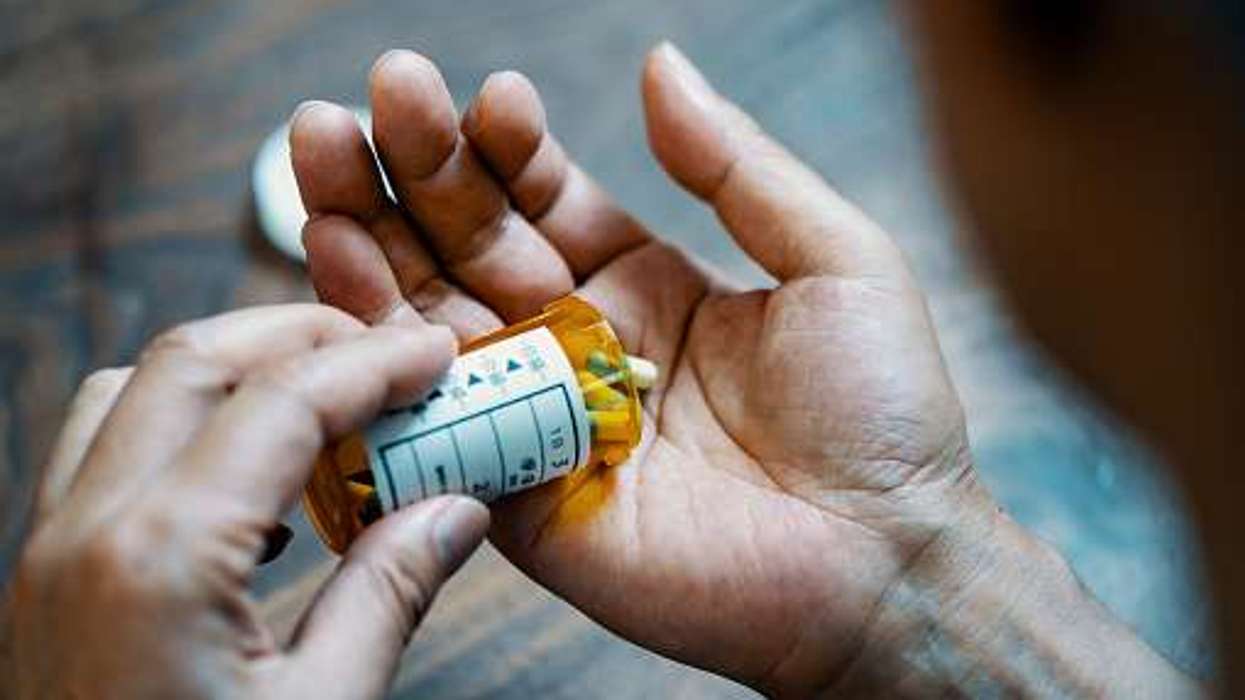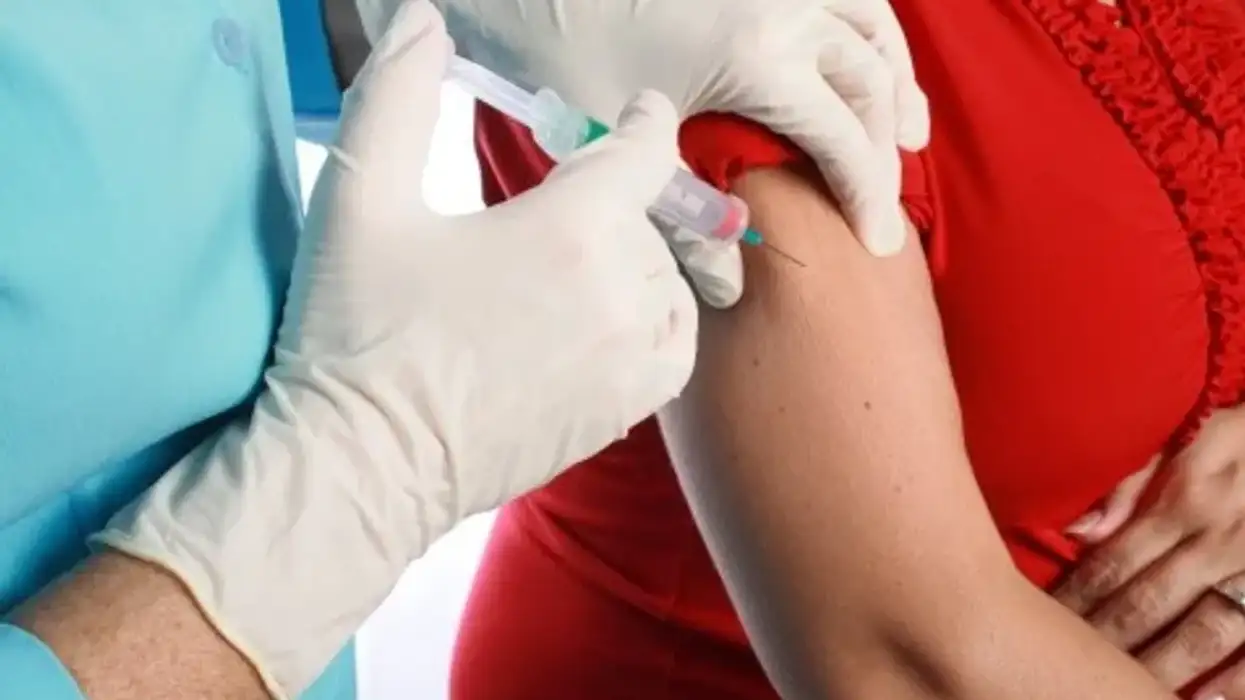NHS cancer check has set a new record, despite pressures on hospitals due to Covid-19, the number of people being treated for the cancer remained higher than before the pandemic, revealed NHS.
Over the last 12 months almost three million people were referred for cancer checks which is up by over a tenth on the 2.4 million people referred before the pandemic.
“Even at the peak of the Omicron wave, referrals for suspected cancer were at 116 per cent of pre-pandemic levels with around 11,000 people getting checked every day over the last year,” said NHS.
In order to meet increasing demand for cancer checks, NHS services across the country are expanding their diagnostic capabilities through one stop shops for tests, mobile clinics and cancer symptom hotlines, ensuring people are diagnosed and treated as early as possible to give them a much better chance of beating the disease.
More than 30,000 people every month are being invited for lung cancer checks through NHS mobile trucks visiting at risk communities across the country, as part of the biggest programme to improve early lung cancer diagnosis in health service history.
In London, the first ‘Man Van’ programme, developed by The Royal Marsden NHS Foundation Trust, RM Partners West London Cancer Alliance, and The Institute of Cancer Research, London, is rolling out to provide free health checks for men and boost early diagnosis of prostate and other urological cancers.
The van, currently in New Addington, previously visited workplaces and churches in the South West London area, focusing on men of working age who often have worse prostate cancer outcomes than older men, and black men, who have roughly double the risk of developing prostate cancer and an increased risk of death once diagnosed. It is now open to the public and will be visiting various locations within West London.
At The Rotherham NHS Foundation Trust, they have introduced telephone triage for certain cancer referrals so that patients can speak to doctors sooner, as well as increasing the use of ‘straight-to-test’ pathways for lower gastrointestinal patients to get diagnosed as early as possible, and expanding one-stop-shop slots for patients referred under a breast cancer pathway, so patients can get all their tests in one trip.
NHS staff have gone to great lengths to maintain cancer treatment for patients and since March 2020, more than 4.7m have been referred and more than half a million people have started treatment.
Common symptoms of cancer include lumps or bumps and unexplained weight loss or fatigue.
Dame Cally Palmer, National Cancer Director for NHS England, said: “We are going further and faster than ever before in our ambitions to diagnose more cancers at an earlier stage so that we can save more lives.
“We have seen record numbers of people coming forward for checks in the last year, but we know there are still at least 30,000 who haven’t started treatment due to the pandemic, so it’s vital that we keep these referral rates high.
“While we know this can’t happen overnight, we’re investing in extra diagnostic and treatment capacity to meet increasing demand, with staff working hard to roll out initiatives from straight to test services, cancer symptom hotlines and innovative diagnostics, so that those who are coming forward for checks can be seen quickly and their cancer identified at an earlier stage”.
Responding to news that almost three million people - the highest on record - were referred for cancer checks over the last 12 months in England, Dr Layla McCay, director of policy at the NHS Confederation, said, “Health leaders and their teams have worked incredibly hard to recover services since the worst of Covid, carrying out almost three million checks for cancer over the past 12 months. The NHS has been encouraging people to come forward and has introduced new ways of bringing vital checks closer to people, through innovative schemes such as the use of mobile clinics.
“However, NHS leaders know there is a lot more to do with many people yet to receive a cancer diagnosis or begin treatment. This is why our members have been calling on the Government to be clear about the ongoing threat of Covid-related disruptions to services, the state the NHS is currently in with over 110,000 staff vacancies, and how long it will take for the health service to truly recover.
“Continued progress to accelerate cancer diagnoses and treatments must be assured for the years to come, through increased funding from central government and a long-term plan for boosting and supporting the NHS workforce, particularly where there are shortages in key specialist areas.”











